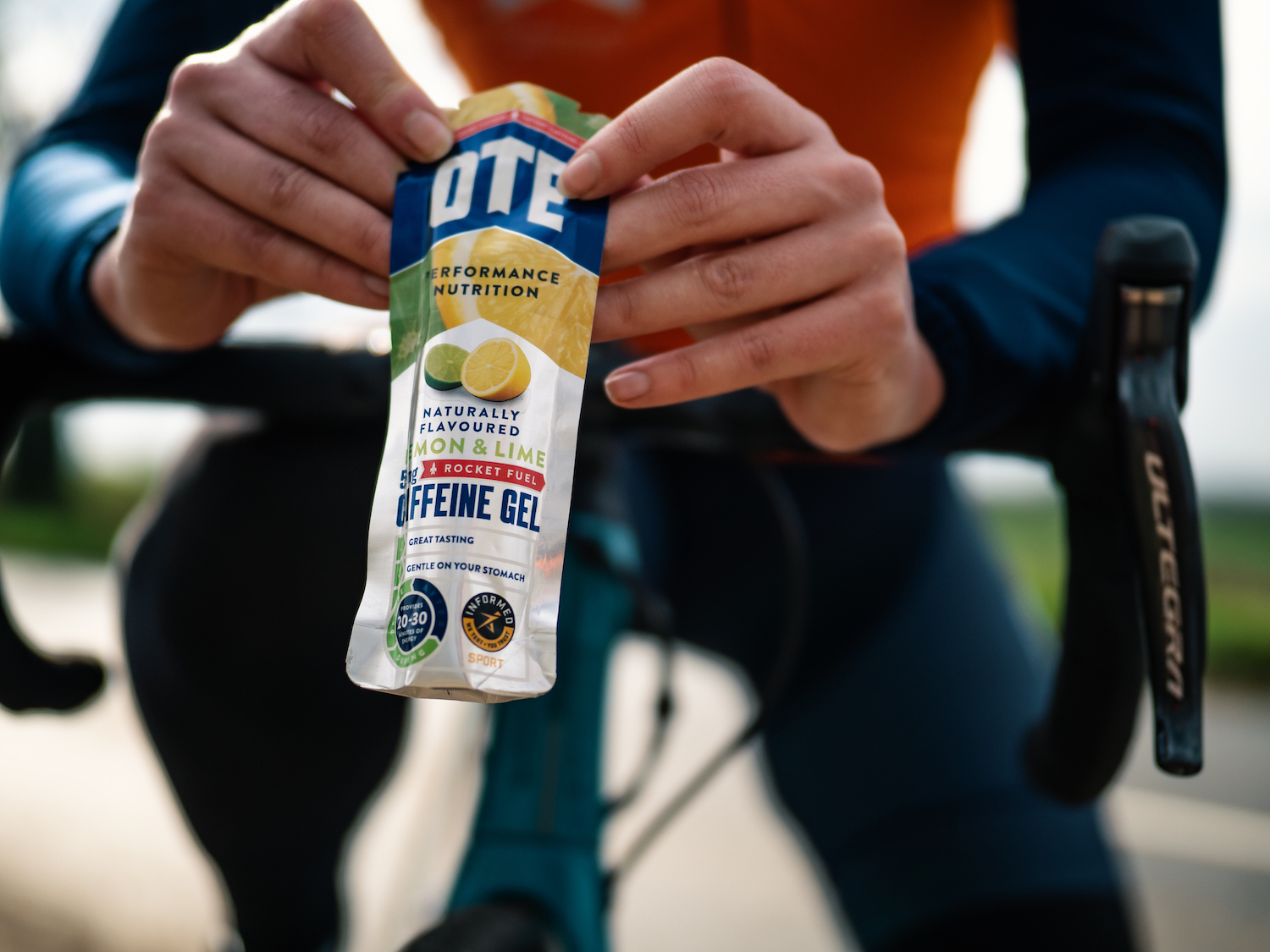There has been extensive research into caffeine and how it affects sporting performance, especially since it was removed from the World Anti-Doping Agency Prohibited List in 2004. The question is, does it actually improve sporting performance?
Caffeine has become one of the most commonly used ergogenic aids since it is relatively cheap, socially acceptable and legal. Despite the amount of research, however, it’s still remains inconclusive as to whether the effects of caffeine are predominantly physiological or psychological. Research however has provided sound support for its enhancement of endurance performance.
For physically demanding sports, being able to decrease the perception of effort could be the difference between winning or losing a race. Across the board, studies have shown a beneficial effect on consuming caffeine before exercise, whether during a prolonged effort or high-intensity burst.

It should be noted that not all people respond to caffeine in the same way, some can be none responders and others can experience a negative response.
Research has shown there is an upper limit to the amount of caffeine necessary and recommend that you shouldn’t take more than 3mg per kg of body weight. Athletes should aim to use the lowest dose possible to avoid side effects.
Caffeine is rapidly absorbed and can reach peak blood concentration after around 1 hour. Studies have seen its ergogenic effect last for as long as 6 hours after ingestion.
The best time to use caffeine is before a short, sharp event or training session or towards to end of a long endurance event to give you a final boost for the finish. It also can help to improve alertness which can be advantageous in during sporting competition. But let’s be clear; caffeine doesn’t actually give you energy (despite what some big drinks companies say).
What is Guarana?
OTE Caffeine gels natural flavouring is complemented by a natural version of caffeine called Guarana. Guarana is a plant seed from South America that contains about twice the concentration of caffeine found in coffee beans. It has many health benefits but it’s most common use is the energizing kick it gives. The OTE caffeine gels also provide the carbohydrates and electrolytes needed to sustain endurance exercise.
Caffeine Content of Common Foods
- OTE Blackcurrant Caffeine Gel – 100mg
- OTE Lemon & Lime Caffeine Gel – 50mg
- **NEW* Pink Grapefruit Hydro Tab – 50mg per Tab
- Can of Coke – 32mg
- Average Single Espresso – 50-65mg
- Average Cup of Tea – 25-50mg
- Red Bull – 72mg